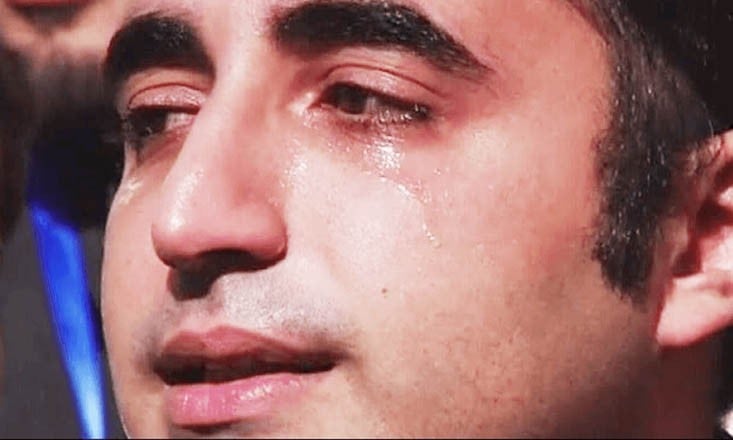

"The court rooms are empty. All of my friends have gone," Jalila’s voice quivered over the phone. My heart pounded, I didn’t know what to say. It had been a while since that deadly attack targeting Quetta’s lawyers took place. I was gathering the courage to talk to Jalila but never felt too strong to bring it up. "God would have better plans for sure. Please calm down," I finally broke the silence, knowing that she is already into tears.
The call couldn’t continue any longer. I neither wanted it to be; it was emotionally overwhelming and awfully guilt-ridden.
I first met Jalila in 2014 when both of us were selected for a 3-week Fellowship to the US. I still remember the warmth of her welcome hug in the lobby. Before I met Jalila -- the first female Hazara lawyer of Quetta -- I knew very little about Balochistan, let alone the Hazara community. All I was aware of that one part of Pakistan is in trouble, a small minority wants to liberate it, people mysteriously go missing there and there are always terrorist attacks killing many at large.
My image of Quetta was of a barbaric town and the Baloch an unruly people. But little did I know how wrong I was in my notions.
With a heart of gold and the best wit, Jalila soon became a darling of our group. Her understanding of Persian poetry and global literature struck me big time. But what surprised me the most was her desire for a peaceful and prosperous Balochistan. There was never a meeting or gathering in the US during which Jalila did not underline the problems and deprivations of her province.
But it was not only Balochistan that pained her when she talked about peace; she was equally vocal for the plight of oppressed everywhere in Pakistan. I saw her breaking into tears many times publicly but she always made us laugh after her tears by saying that crying is good for health.
Read also: Track record
Following every incident halting the fledgling process of peace in the area, I saw her voicing her loud and clear opinions on every forum. Never afraid of the consequences, Jalila stood her ground no matter how sensitive the issues were. Her activism inspired me and her courage always amazed me. In her I saw an unseen Balochistan -- extremely talented and peace-loving but deeply traumatised by continued injustices.
But she broke down the day the deadly blast targeting Quetta lawyers took place. From disagreement to denial, her mental state and Facebook posts followed a heart-wrenching episode. She tragically lost many of her dear friends, mentors, colleagues and acquaintances in the blast.
And in her stories of loss, I relived the horror of Quetta killing. One hospitalised victim couldn’t sleep because he always dreamt of his dying friends. There was a lawyer who died on the spot -- a hardworking sole breadwinner of his family who had bought a small car recently. The car was still parked in the court as there was no other male family member to drive it back. There were judges bursting into tears during full courts. They realised, while looking at cause lists, that many lawyers would never be able to make it. None of the survivors wanted to call up their friends dreading they might never answer it. And there were people like Jalila promising themselves not ever to make friends again, simply because the life turns upside down when you lose them to such barbarism.
The tragedy happened in Quetta but I couldn’t understand why I was deeply hit by it. The incident was no less than the Peshawar Attack in degree of damage as the city lost many fathers, sons and husbands in a single attack. Yet the silence shrouded it within a couple of days. And then, I heard the news of another attack, this time on a police academy in Quetta. The uproar on this incident, too, slowly died down.
Probably the episodes themselves depict the way we feel about Balochistan and loss of precious human lives there. And ever since the day this realisation dawned on me, a piercingly strong sense of guilt is eroding me big time…